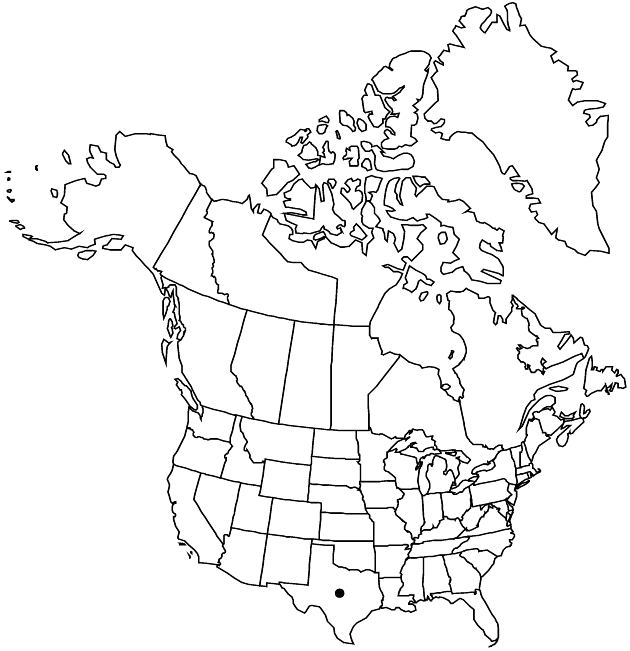Difference between revisions of "Helenium elegans var. amphibolum"
Sida 5: 47. 1972.
Basionym: Helenium amphibolum A. Gray Proc. Amer. Acad. Arts 9: 202. 1874
Treatment appears in FNA Volume 21. Treatment on page 433.
FNA>Volume Importer |
imported>Volume Importer |
||
| (6 intermediate revisions by 2 users not shown) | |||
| Line 7: | Line 7: | ||
|year=1972 | |year=1972 | ||
}} | }} | ||
| − | |basionyms={{Treatment/ID/ | + | |basionyms={{Treatment/ID/Basionym |
|name=Helenium amphibolum | |name=Helenium amphibolum | ||
|authority=A. Gray | |authority=A. Gray | ||
| + | |rank=species | ||
| + | |publication_title=Proc. Amer. Acad. Arts | ||
| + | |publication_place=9: 202. 1874 | ||
}} | }} | ||
|synonyms= | |synonyms= | ||
| Line 34: | Line 37: | ||
-->{{#Taxon: | -->{{#Taxon: | ||
name=Helenium elegans var. amphibolum | name=Helenium elegans var. amphibolum | ||
| − | |||
|authority=(A. Gray) Bierner | |authority=(A. Gray) Bierner | ||
|rank=variety | |rank=variety | ||
| Line 49: | Line 51: | ||
|publication year=1972 | |publication year=1972 | ||
|special status= | |special status= | ||
| − | |source xml=https:// | + | |source xml=https://bitbucket.org/aafc-mbb/fna-data-curation/src/2e0870ddd59836b60bcf96646a41e87ea5a5943a/coarse_grained_fna_xml/V19-20-21/V21_1085.xml |
|tribe=Asteraceae tribe Heliantheae | |tribe=Asteraceae tribe Heliantheae | ||
|subtribe=Asteraceae (tribe Heliantheae) subtribe Gaillardiinae | |subtribe=Asteraceae (tribe Heliantheae) subtribe Gaillardiinae | ||
Latest revision as of 20:08, 5 November 2020
Plants 25–70 cm. Leaves: proximal blades usually irregularly toothed or lobed; mid and distal leaves usually entire. Heads 20–50. Peduncles 3–14 cm. Involucres 7–11 × 8–12(–13) mm. Ray florets 13–17; corollas 6.3–15(–19) × 2.2–5.5(–8.7) mm. Disc florets 250–500(–700+). Cypselae 0.7–1 mm; pappi 0.1–0.3(–0.4) mm. 2n = 26.
Phenology: Flowering (Feb–)Mar–Jun(–Sep).
Habitat: Calcareous soils, ditches, washes, along streams
Elevation: 300–1900 m
Distribution

Tex., Mexico (Coahuila, Nuevo León, San Luis Potosí, Tamaulipas).
Discussion
Selected References
None.
Lower Taxa
None.